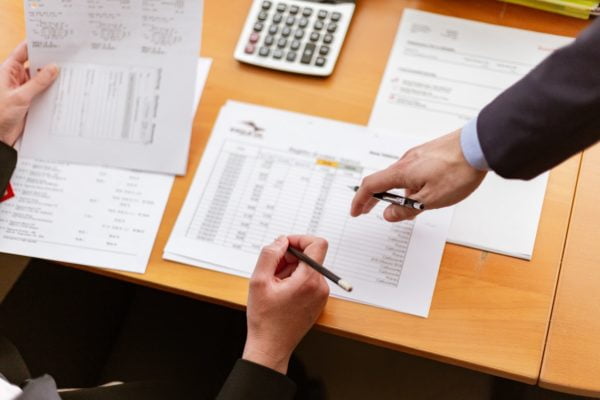The effects of the Coronavirus pandemic, including daily updates on cases and deaths and guidelines, have dominated the headlines this year. However, there is also a growing concern around a more hidden impact of the pandemic which is hitting families all over the country – debt.
The economic downfall since the beginning of the national lockdown earlier this year has been widely documented, with millions being placed on the government’s furlough scheme and many, unfortunately, losing their jobs altogether.
Payment of routine household bills declined sharply throughout the pandemic with many households still struggling to make ends meet. While so many have been impacted by the circumstances, the personal stories of individuals who are struggling to keep their heads above water are often drowned out by more widespread coverage on the Covid-19 crisis.
A number of alarming statistics have been constantly emerging on the scale of the debt crisis. There are now real fears about what will happen to families when government protective measures – like the furlough and ‘Bounce Back Loan’ schemes – end.
The Government has also stepped in to try and prevent evictions throughout the pandemic, while councils have offered rent and council tax breaks for the worst off. However, furlough and other emergency measures are scheduled to come to an end, as Chancellor Rishi Sunak has made clear.
In some cases, unpaid priority bills, such as mortgages, will be of the utmost importance and therefore, sensible ways of addressing the issue (Mortgage Holidays being a prime example) are key. Yet, this still means that areas like utilities and consumer debt will continue to increase as accumulated debt – possibly to a magnitude that is not sustainable.
This underlines the importance of a quick recovery in household income and expenditure.
In this new reality, and given the unsustainable levels of non-essential debt such as credit cards, bank loans, store cards, etc, it is hard to argue against the solution being found in the re-negotiation or writing off of these debts in order to balance the household finances.
Debt charity, Step Change, says that struggling households could “face a cliff edge” when the current temporary protections against eviction and enforcement actions expire.
Unsurprisingly, those on the lowest incomes have been hit the hardest. It is estimated that 44% of those affected that have an income of less than £30,000 have fallen behind with repayments or have borrowed further to cover their debt. This compares with around 25% of those with an income of £50-60,000.
Outstanding debt on credit cards is currently at around £64 billion and rising. Experts have warned that, while some households have managed to repay their loans during lockdown, the hit to workers’ wages, as well as rising job losses, could force others deeper into the red.
Laura Suter, a personal finance analyst at the investment platform AJ Bell has been quoted as saying “The lockdown has created a divide in the country, with some households seeing cuts to income, job losses or being furloughed, while others are seeing their finances benefit from an enforced halt to much of their spending”.
What is undeniable is that consumers have been racking up increasingly higher levels of debt on credit cards, personal loans, and car finance in recent years, with total borrowing surpassing the levels recorded before the 2008 financial crisis, and this simply cannot be sustained.



